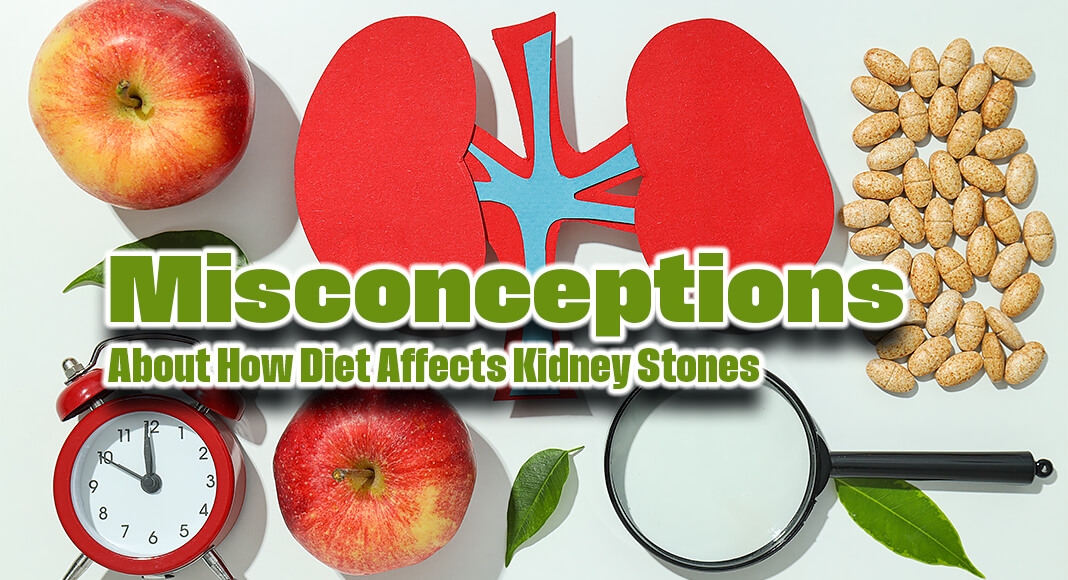
Texas Border Business
Kidney stones often have no definite, single cause, although several factors may increase someone’s risk. While diet can be one of those factors, there are several misconceptions about what foods and drinks to avoid or consume more of in order to prevent kidney stones. However, in this Mayo Clinic Minute, Dr. Aaron Potretzke, a Mayo Clinic urologist, explains why there’s no single diet plan that can prevent kidney stones.
What types of drinks, foods or any sort of dietary input may put a person at increased risk for kidney stones? It’s a question Dr. Potretzke hears from his patients often. His answer might surprise you.
“Generally speaking, there is no particular food or drink that’s totally off-limits,” says Dr. Potretzke. “Now, if you undergo a metabolic stone evaluation, and then we find out what type of stone you have and what sort of electrolytes or minerals you’re putting into your urine, any individual may have certain foods that we ask them to shy away from.”
He says the silver bullet when it comes to stone disease is almost always to increase your clear liquid intake.
“The more urine you make, and that’s a product of how much you ingest in terms of clear fluid, the less likely you will be to make a stone,” says Dr. Potretzke.
Drinking beverages high in citric acid, such as lemon juice and lime juice, can be beneficial to kidney stone patients. A common misconception is that drinking milk will cause kidney stones. However, Dr. Potretzke says it’s quite the opposite.
“Restricting milk intake might paradoxically increase your risk of kidney stones. So we actually recommend for almost all, and there’s no one-size-fits-all, but for almost all stone-formers, we recommend a normal amount of calcium intake per day — and that includes dairy products, milk, cheese, etc,” says Dr. Potretzke.
Information source: Mayo Clinic News Network.









